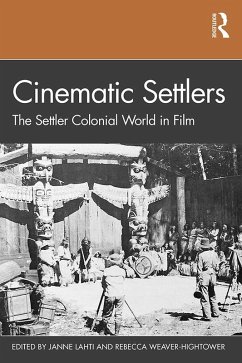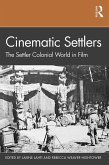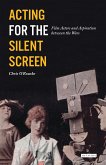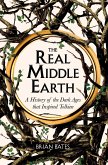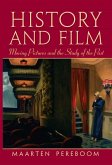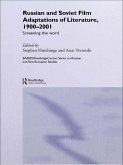Cinematic Settlers discusses different cinematic genres, national traditions, and specific movies in order to expose related threads, shared circulations of knowledge, and paralleled representations. Organized into thematic groupings-conquest, settlers, natives, and space-the contributors explore the question of how film compares to written genres and other visual media in representing and effecting settler colonialism on a global scale. Striving for inclusiveness, the volume covers different eras and settler colonial situations in Australia, New Zealand, Taiwan, Hawaii, the American West, Canada, Latin America, Russia, France, Algeria, German Africa, South Africa, and even the next frontier: outer space. By showing how films offer layered, contested, and dynamic settler colonial narratives that advance and challenge settler hegemonic readings, the essays enable students to better analyze and understand the complex history of diversity and colonialism in film.
This book is important reading for undergraduate classes on the history of empire, colonialism, and film.
Dieser Download kann aus rechtlichen Gründen nur mit Rechnungsadresse in A, B, BG, CY, CZ, D, DK, EW, E, FIN, F, GR, HR, H, IRL, I, LT, L, LR, M, NL, PL, P, R, S, SLO, SK ausgeliefert werden.
"Cinematic Settlers . . . is an essential text that spans multiple genres and historical periods to address urgent questions about the state of cinema and its role in cultivating a path beyond settlement." - Jerod Ra'Del Hollyfield, Carson-Newman University, USA
"Settler colonialism is at the very core of modern global history. This wide-ranging collection reveals its huge impact on transnational film and popular culture." - Angela Woollacott, The Australian National University, Australia
"This collection . . . tackles difficult questions of how contemporary filmmakers grapple with Indigenous critiques and post-settlement politics in diverse ways . . . When representing diversity in film is such a pressing issue, this timely collection explores the deep histories and ambivalences of settler cinema." - Shino Konishi, University of Western Australia, Australia

